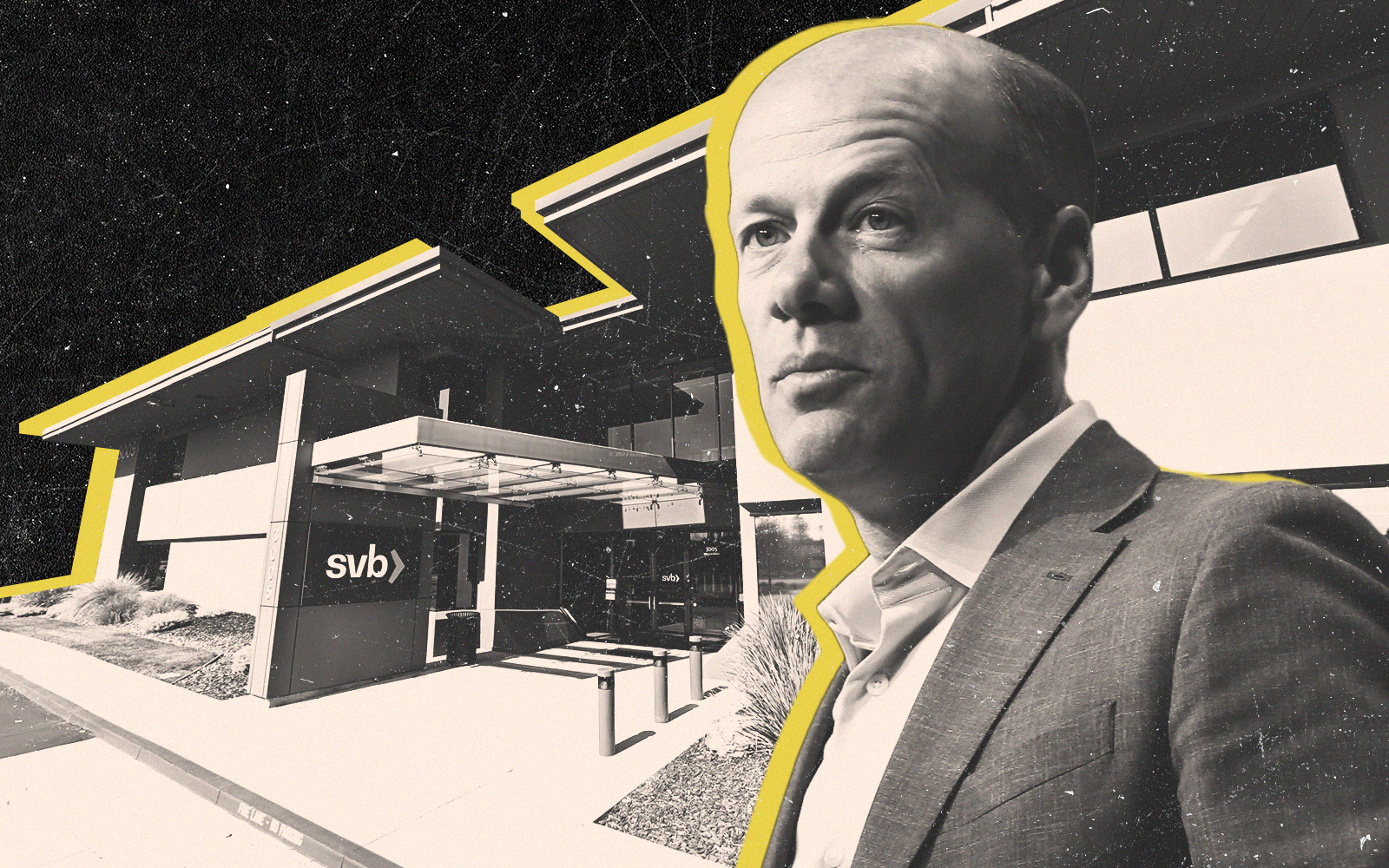Bank regulators on Sunday evening announced they have closed Signature Bank as they try to prevent a banking crisis spurred by the failure of Silicon Valley Bank.
The state’s Department of Financial Services took possession of Signature, a major multifamily lender in New York, to protect depositors. The Federal Deposit Insurance Corporation was appointed receiver of the bank.
A joint release by the Treasury Department, the Federal Reserve board of governors and the FDIC shortly after 6 p.m. said the FDIC would protect all depositors at California-based Silicon Valley Bank.
“We are also announcing a similar systemic risk exception for Signature Bank … which was closed today by its state chartering authority,” the statement read.
New York-based Signature is FDIC-insured, with total assets of $110 billion and total deposits of $89 billion — much of it landlords’ money — as of Dec. 31.
“This is a very big deal for New York City housing,” tweeted Jay Martin, executive director of the landlord group Community Housing Improvement Program. “Many multifamily businesses bank with Signature and similar regional banks. Quick action here to make depositors whole was necessary and it’s good news to see the Fed assuring that.”
Signature had funded about $35.7 billion worth of real estate loans, about 48 percent of the bank’s total loans, according to its most recent regulatory filings. But fallout from the cryptocurrency crash left the bank scrambling to reassure investors that its exposure to crypto was not a threat.
Gov. Kathy Hochul said in a statement, “I hope that these actions will provide increased confidence in the stability of our banking system.”
Regulators shut down Silicon Valley Bank late last week after a run on deposits left the bank weakened. The sentiment rippled through Wall Street as Signature and other banks saw their stock prices fall.
Signature’s share price fell 25 percent on Friday before trading was temporarily halted.
Read more



